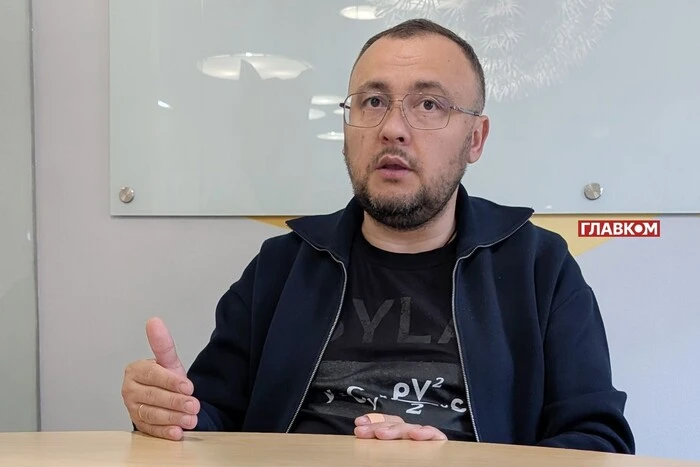US Strengthens Israel's Air Defense: THAAD System to Arrive Soon.


The US Department of Defense announced the deployment of the THAAD missile defense system in Israel with an American crew. This was reported by Pentagon spokesman Pat Ryder.
"Under the president's order, Secretary Austin authorized the deployment of a THAAD (Terminal High-Altitude Area Defense) missile defense battery and the corresponding crew of US military personnel in Israel to strengthen Israel's air defense after unprecedented Iranian attacks against Israel on April 13 and again on October 1," Ryder stated.
The Pentagon emphasized that the THAAD battery will further enhance Israel's integrated air defense system.
According to the spokesman, these actions demonstrate the United States' unwavering commitment to protecting Israel and Americans in Israel from any further ballistic missile attacks from Iran.
The Pentagon called this one of the "broad changes the US military has made in recent months to support Israel's defense and protect Americans from attacks by Iran and Iran-associated paramilitary groups."
It was also noted that this is not the first Time the US has deployed a THAAD battery in this region.
"The president ordered the military to deploy a THAAD battery in the Middle East last year after the October 7 attacks to defend American forces and interests in the region. Previously, the US also deployed a THAAD battery in Israel in 2019 for exercises and integrated air defense drills," the Pentagon reported.
Read also
- The Pentagon responded to whether the States have information about Iran's hidden uranium stockpile
- EU Summit: What was decided regarding sanctions against the Russian Federation, negotiations with Ukraine on accession, and financial support
- Another stage of prisoner exchange: Ukrainians who had been in Russia for over three years have returned home
- Rear regions created a strategic reserve for the groupings 'Khortytsia' and 'Tavriya' - OP
- Who stopped the exhumation? Ambassador reported the details of the information diversion arranged by Russians in Poland
- NATO General Explains How the 'Korean Model' Could Work in Ukraine










